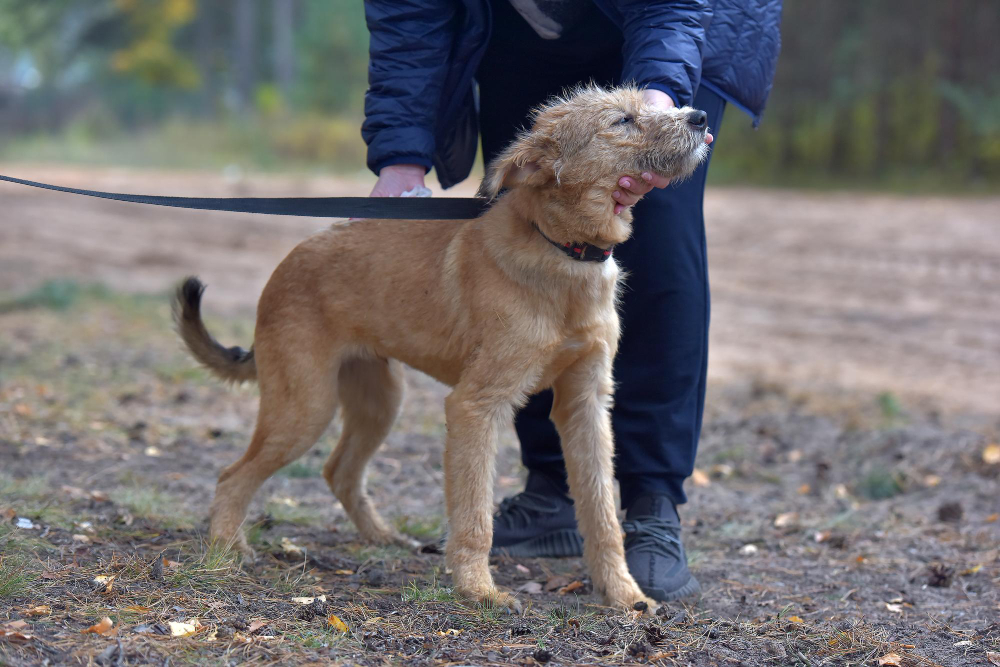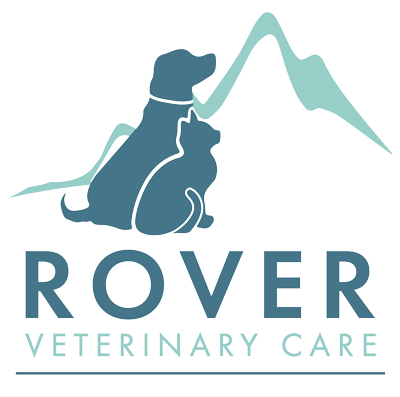Is it Normal for Senior Dogs to Get Skinny?

Is it Normal for Senior Dogs to Get Skinny?

Understanding Weight Loss in Senior Dogs
One of the inevitable realities pet owners face is witnessing their beloved dogs grow old. With age comes various changes, some of which can be concerning. One common issue many pet parents notice is their senior dog losing weight. But is it normal for senior dogs to get skinny? This blog post will explore the possible reasons behind weight loss in older dogs and provide guidance on when to seek professional help, especially if you're considering in-home euthanasia in Reno, NV.
Common Causes of Weight Loss in Senior Dogs
1. Age-Related Muscle Loss
Just like humans, dogs can experience muscle atrophy as they age. This natural process can lead to noticeable weight loss, even if your dog maintains a healthy appetite.
2. Dental Problems
Dental issues, such as broken teeth, gum disease, or oral tumors, can make eating painful for senior dogs. This discomfort can result in reduced food intake and subsequent weight loss.
3. Reduced Appetite
Senior dogs often experience a decrease in appetite due to various factors, including sensory decline (loss of taste or smell), medical conditions, or simply aging.
4. Chronic Diseases
Chronic illnesses like kidney disease, diabetes, or cancer are more prevalent in older dogs. These conditions can lead to significant weight loss and require immediate veterinary attention.
5. Gastrointestinal Issues
Digestive problems such as inflammatory bowel disease (IBD) or malabsorption syndromes can interfere with nutrient absorption, leading to weight loss in senior dogs.
When to Seek Veterinary Care
While some weight loss can be a normal part of aging, significant or rapid weight loss should not be ignored. It may indicate an underlying medical issue that requires professional care. Here are some signs that should prompt you to seek veterinary advice:
- Sudden or Rapid Weight Loss: A noticeable drop in weight over a short period is concerning.
- Changes in Eating Habits: If your senior dog refuses food or shows a drastic change in their eating behavior.
- Lethargy or Weakness: Increased fatigue or weakness can be a sign of a more serious health problem.
- Vomiting or Diarrhea: Persistent gastrointestinal issues need a thorough evaluation.
- Pain or Discomfort: Any signs of pain, such as whining, limping, or avoiding touch.
Managing Your Senior Dog's Weight
1. Nutritional Adjustments
Older dogs have different nutritional needs. Consider switching to a senior dog food formula designed to meet the specific dietary requirements of aging dogs. These formulas often contain higher protein levels to combat muscle loss and additional vitamins and minerals to support overall health.
2. Regular Veterinary Check-Ups
Regular veterinary visits are crucial for monitoring your senior dog's health. Early detection of medical issues can make a significant difference in managing and treating conditions that lead to weight loss.
3. Dental Care
Maintaining good oral hygiene is essential. Regular dental check-ups and cleanings can prevent dental problems that may cause pain and reduce appetite.
4. Frequent Small Meals
If your senior dog is eating less, try offering smaller meals more frequently throughout the day. This approach can make it easier for them to manage their food intake and maintain a healthy weight.
5. Encourage Exercise
While senior dogs may not be as active as they once were, regular gentle exercise is still important. Activities like short walks or gentle play can help maintain muscle mass and overall well-being.
Considering In-Home Euthanasia in Reno, NV
For pet owners facing the difficult decision of end-of-life care, in-home euthanasia can provide a peaceful and compassionate option. This service allows your pet to pass away comfortably in their familiar surroundings, surrounded by loved ones.
Benefits of In-Home Euthanasia
- Comfort and Familiarity: Your senior dog can remain in a stress-free environment, reducing anxiety.
- Privacy and Intimacy: The process is more private, allowing for a deeply personal experience.
- Reduced Stress: Avoids the stress of traveling to a clinic, which can be especially challenging for senior dogs.
Contact Rover Veterinary Care
If you're considering in-home euthanasia in Reno, NV, contact Rover Veterinary Care today for more information. Our compassionate team is dedicated to providing the best care for your beloved pet during this difficult time.
Conclusion
Weight loss in senior dogs can be a normal part of aging, but it's essential to monitor and address any concerning changes. By understanding the potential causes and taking proactive steps, you can help your senior dog live a comfortable and healthy life. And when the time comes to consider end-of-life care, know that options like in-home euthanasia offer a dignified and compassionate way to say goodbye.
For more information or support, please reach out to Rover Veterinary Care. We're here to help you through every stage of your pet's life.
